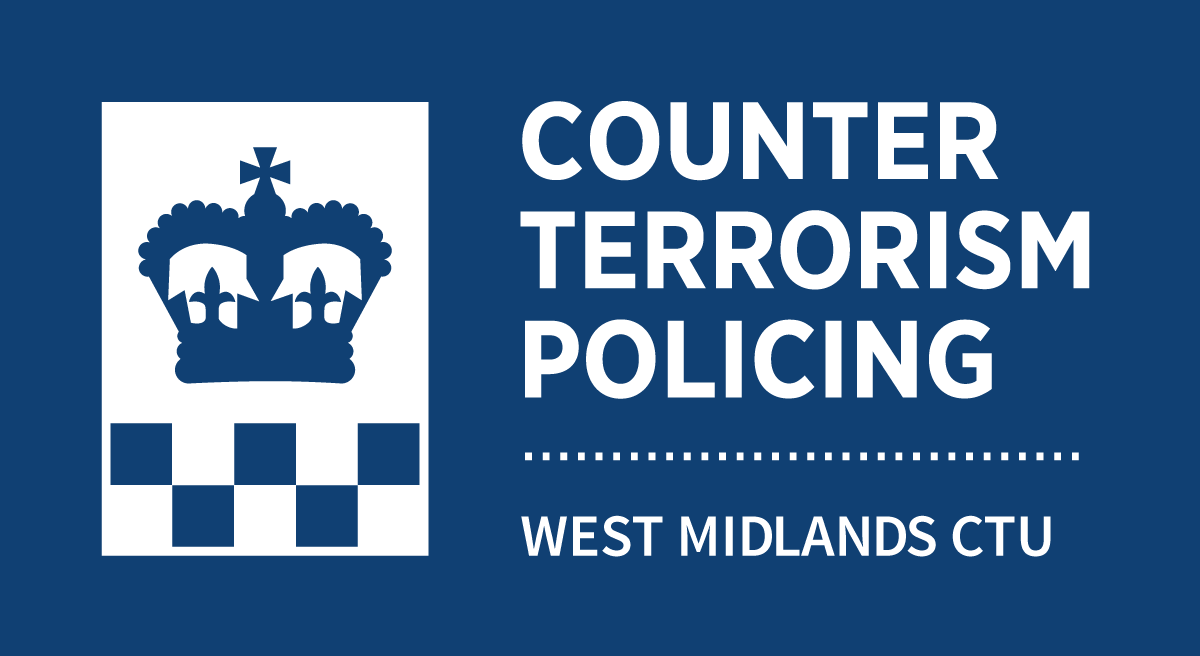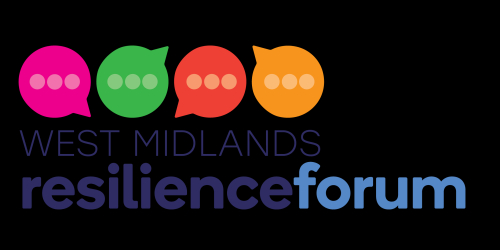
Counter Terrorism Policing West Midlands is one of 10 regional units across the country that form the Counter Terrorism Policing Network. Although Counter Terrorism Policing West Midlands is part of West Midlands Police, it also covers Staffordshire, Warwickshire and West Mercia police force areas.
You can help stop terrorists being able to plan, prepare and carry out attacks; and to stop them grooming, recruiting, or encouraging others to carry out attacks. You may have seen or heard something that could be a vital piece of information that will help us to stop a terrorist attack.
Current threat level
The current UK threat level is SUBSTANTIAL meaning an attack is likely. Threat level information can be found on the Mi5 website here.
Advice for the public
- It is important to be alert not alarmed and report anything that doesn’t look or feel right to the police – don’t leave it to someone else.
- Don’t leave bags unattended or anywhere they could cause a security scare.
- Remember, the chance of being caught in a terrorism incident is small.
- In the event of a terrorist attack, the most up-to-date guidance and information will be released via the relevant police force via social media.
Run, Hide, Tell
- Run – to a place of safety. This is better than trying to surrender or negotiate.
- Hide – it is better to hide than confront. Barricade yourself in, turn your phone to silent and use only when it is safe to do so.
- Tell – Call police on 999 (if you are in the EU call 112).
Videos
- Run, Hide, Tell: Firearms and Weapons Attack - YouTube
- Stay Safe Abroad: Advice to Holidaymakers - YouTube
Countering terrorism
Communities play an important part in the fight against terrorism. When communities ACT, they help defeat terrorism.
Life has no rewind button: https://youtu.be/RX6x1HuOWeU
What should I do if I think someone is going to commit an act of terrorism?
If you believe that someone is going to commit an act of terrorism, or may have information about a terrorist act that has happened, report this to West Midlands Police.
If you believe that there is an immediate threat to life, please call us on 999.
What should I do if I think someone is being radicalised?

Friends and family are often the first to spot worrying changes taking place. These can be big or small changes that take place very quickly or over a longer period. Trust your instincts and if you’re concerned seek advice from police or via the ACT Early website.
If you believe that someone has been or is being radicalised, report this to West Midlands Police or call the ACT Early support line on 0800 011 3764.
ACT Early | How Prevent Works - YouTube
What happens if you call the Anti Terrorist Hotline?
The 0800 789 321 number is available 24/7 for members of the public to report suspicious activity (remember always call 999 for emergencies).
Calls are answered by specially trained counter terrorism officers and staff who will carry out some initial enquiries. They are then able to pass the details on to local counter terrorism units for further investigation where appropriate.
The service is confidential and we would encourage people to trust their instincts and call us if they have concerns. Do not worry you will not be wasting our time. We would rather you call than risk missing some important piece of information.
What can you do to support your community?
- Be vigilant and report any suspicious behaviour to Police or anonymously on www.gov.uk/ACT.
- Businesses or individuals can complete the free Act Awareness eLearning training available on Protect UK.
- Businesses can use free communications toolkits to raise awareness of suspicious behaviours and create a network of vigilance among their staff and customers
ProtectUk
Counter Terrorism Policing works with a wide range of industries to tackle the terrorist threat. Your business can play a significant role in keeping the public safe.
ProtectUK is a central hub for businesses and the public to access counter terrorism and security advice; and hosts vital counter terrorism security information including training materials, protective guidance, and campaign toolkits.

